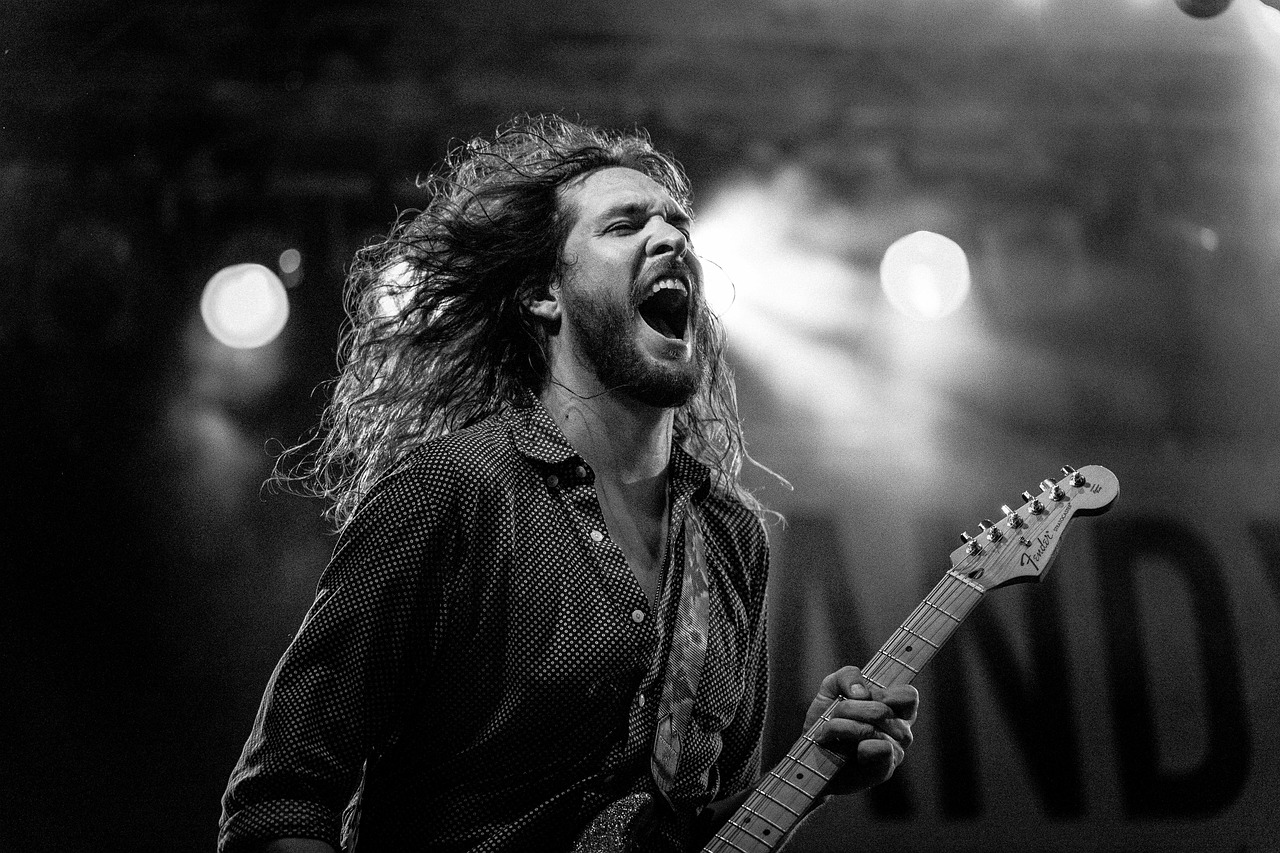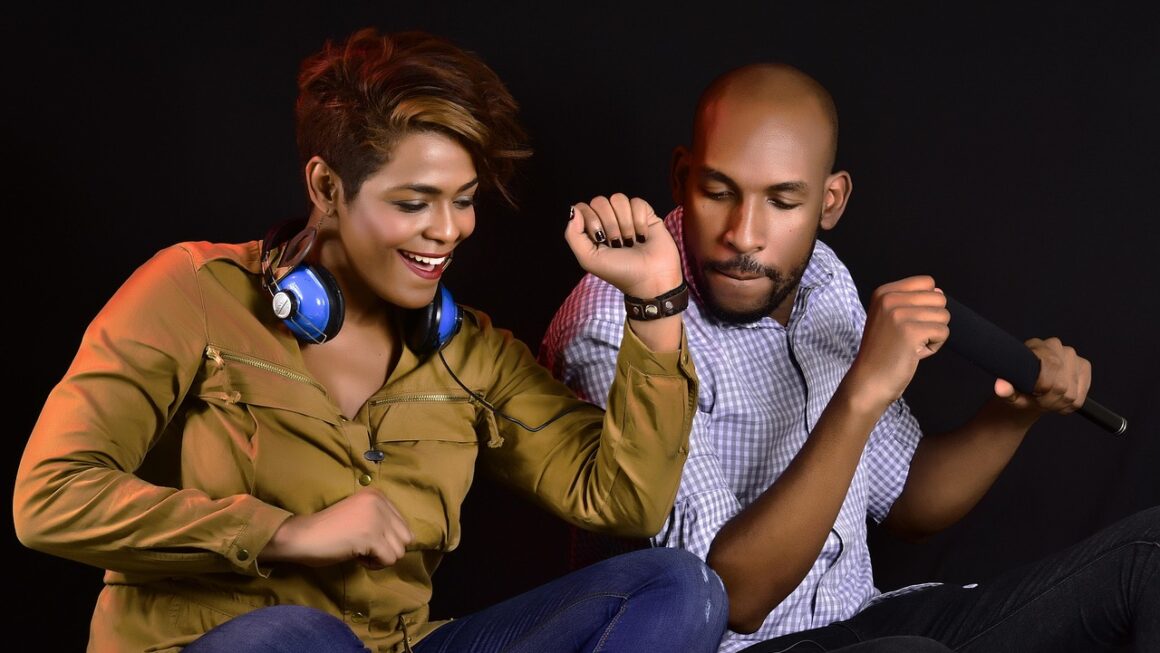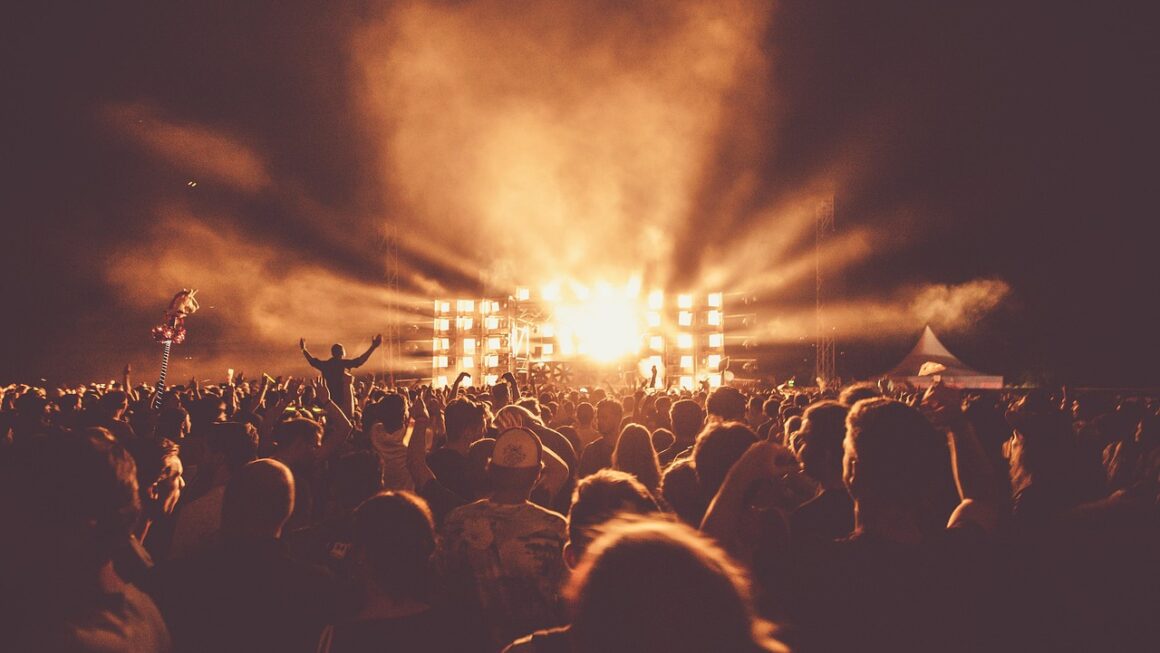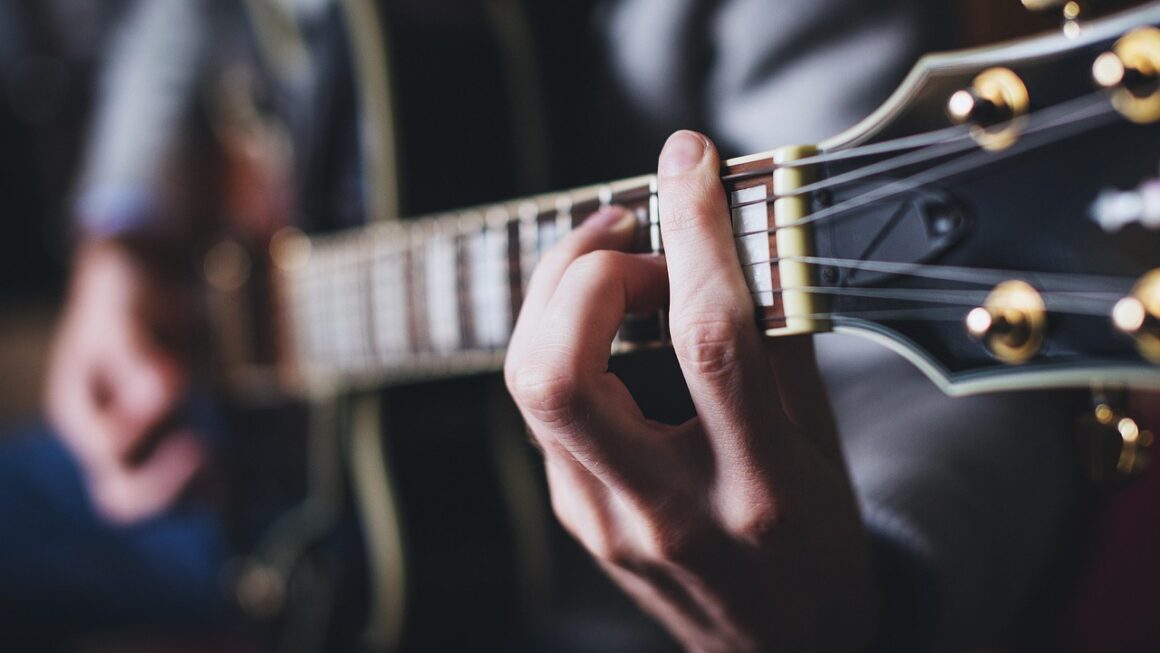Comedy shows: the laughter, the energy, the shared experience. In a world that often feels overwhelming, the escape offered by a well-executed comedy show is invaluable. Whether you’re a seasoned comedy aficionado or just looking for a fun night out, understanding the different types of comedy shows, what to expect, and how to find the best ones for your taste is key. This guide will explore the vibrant world of comedy, from stand-up to improv and beyond, ensuring you get the most out of your next laughter-filled evening.
The Allure of Live Comedy
Live comedy offers something unique that recorded performances simply can’t replicate: the electricity of a shared experience. The unpredictable nature of a live show, the comedian’s interaction with the audience, and the collective laughter all contribute to a truly memorable event.
Why Choose Live Comedy Over Streaming?
- The energy is contagious: Being in a room full of people laughing creates a powerful, uplifting atmosphere.
- Unique interactions: Comedians often riff off the audience, leading to spontaneous and hilarious moments you won’t find online.
- Support the arts: Attending live shows directly supports comedians and the venues that host them.
- A great social outing: Comedy shows provide a fun and engaging activity for friends, family, or a date.
The Rise of Comedy Clubs and Theaters
Comedy clubs and theaters have experienced a resurgence in recent years, becoming hubs for both established comedians and rising stars. These venues offer a dedicated space for comedy, creating an environment that fosters laughter and connection. According to Statista, the comedy club market in the US is projected to reach $1.2 billion in revenue in 2024, highlighting the industry’s continued growth and popularity.
Exploring Different Types of Comedy Shows
The world of comedy is diverse, offering a variety of styles and formats to suit different tastes. From the classic stand-up routine to the spontaneous energy of improv, there’s a comedy show out there for everyone.
Stand-Up Comedy
Stand-up is the most recognizable form of comedy. A comedian performs solo on stage, delivering jokes, stories, and observations directly to the audience.
- Classic Structure: Typically, a stand-up set includes an opening, a series of jokes building to a climax, and a closing that ties everything together.
- Variety of Styles: From observational humor to political satire, stand-up comedians cover a wide range of topics and comedic styles. Think Jerry Seinfeld’s everyday observations or Trevor Noah’s sharp political commentary.
- Open Mic Nights: These events provide a platform for aspiring comedians to test out their material. They can be hit-or-miss, but often offer a glimpse of up-and-coming talent.
Improv Comedy
Improvisational comedy, or improv, is a form of comedy where the performers create scenes and characters on the spot, without any pre-written script.
- Audience Participation: Improv often involves audience suggestions, making each performance unique and unpredictable.
- Teamwork and Collaboration: Improv relies heavily on the performers’ ability to listen to each other and build upon each other’s ideas.
- Examples: Popular improv formats include “Whose Line Is It Anyway?” style short-form games and long-form improv, where performers create entire scenes or stories based on a single suggestion.
Sketch Comedy
Sketch comedy involves pre-written scenes performed by a group of comedians. These scenes often parody current events, popular culture, or everyday situations.
- Scripted Humor: Unlike improv, sketch comedy is based on written material.
- Character-Driven: Sketch comedy often features recurring characters and running gags.
- Examples: “Saturday Night Live” and “Key & Peele” are prime examples of successful sketch comedy shows.
Alternative Comedy
This category encompasses a wide range of experimental and unconventional comedic styles, often pushing boundaries and challenging traditional comedic norms.
- Character Comedy: Comedians perform as outlandish characters, often with elaborate costumes and makeup.
- Musical Comedy: Comedy that incorporates songs and musical performances.
- Stand-up with a Twist: Comedians who blend stand-up with other performance art forms, such as storytelling, mime, or clowning.
Finding Comedy Shows Near You
Discovering the perfect comedy show requires a bit of research. Fortunately, there are several resources available to help you find laughter in your local area.
Online Resources and Apps
- Comedy Clubs’ Websites: Most comedy clubs have websites where you can view their schedules, read comedian bios, and purchase tickets.
- Event Listing Websites: Websites like Eventbrite, Ticketmaster, and local news sites often list comedy shows in your area.
- Social Media: Follow comedy clubs and comedians on social media to stay informed about upcoming performances.
- Apps: Apps such as “Bandsintown” allow you to track your favorite comedians and receive notifications when they’re performing nearby.
Local Comedy Scenes
- Support Local Comedians: Attend open mic nights and shows featuring local talent. This is a great way to discover new comedians and support your local comedy scene.
- University and College Campuses: Many universities and colleges host comedy shows featuring student comedians and established performers.
- Pop-Up Comedy Shows: Keep an eye out for pop-up comedy shows in unconventional venues like bars, cafes, and art galleries.
Tips for Choosing the Right Show
- Read Reviews: Before purchasing tickets, read reviews of the comedian or comedy group to get an idea of their style and quality.
- Consider Your Taste: Think about what type of comedy you enjoy most. Do you prefer observational humor, political satire, or slapstick comedy?
- Check the Venue: Make sure the venue is comfortable and accessible. Consider factors like seating, sound quality, and parking.
- Go with Friends: Comedy is often more enjoyable when shared with friends or family.
Attending Your First Comedy Show: What to Expect
Preparing for your first comedy show can enhance your experience. Knowing what to expect regarding the venue, etiquette, and potential audience interaction can help you relax and enjoy the performance.
Venue Etiquette
- Arrive Early: Arrive at the venue early to secure good seats and avoid rushing.
- Put Away Your Phone: Unless specifically encouraged by the comedian, keep your phone put away and avoid distractions.
- Be Respectful: Refrain from heckling or talking loudly during the performance.
- Order Drinks and Food Responsibly: If you plan to order drinks or food, do so before the show starts or during intermissions.
- Tip the Staff: If you receive good service from the waitstaff, be sure to tip them appropriately.
Audience Interaction
- Be Prepared to Participate: Some comedians may engage with the audience, asking questions or making jokes about audience members.
- Be a Good Sport: If you’re chosen for audience participation, be a good sport and try to have fun with it.
- Don’t Heckle: Heckling is generally considered rude and disruptive. Let the comedian do their job.
What to Wear
- Dress Comfortably: There’s no strict dress code for comedy shows, so wear something comfortable.
- Consider the Venue: If you’re attending a show at a formal theater, you might want to dress up a bit more.
- Avoid Distracting Clothing: Avoid wearing anything that might distract the comedian or other audience members, such as overly bright or noisy clothing.
Conclusion
Exploring the world of comedy shows opens up a realm of laughter, shared experiences, and support for the arts. By understanding the different types of comedy available, knowing how to find shows in your area, and preparing for a positive experience, you can ensure many enjoyable evenings ahead. So, step out, find a comedy show that piques your interest, and get ready to laugh!




